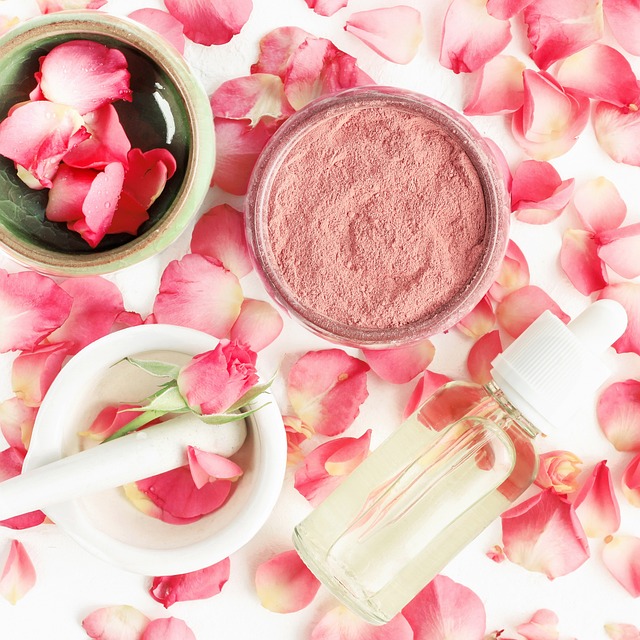In a world increasingly dominated by synthetic ingredients and chemical formulations, many people are returning to natural skincare as a safer, more eco-friendly alternative. This approach promotes the use of botanicals, herbs, essential oils, and other naturally occurring elements to cleanse, nourish, and protect the skin. Embracing natural skincare offers a chance to avoid harsh chemicals while connecting with the pure, simple power of nature.
This article delves deep into the benefits of natural skincare, the most common natural ingredients, and practical tips to incorporate them into your beauty regimen.
Why Choose Natural Skincare?
The shift towards natural skincare is not just a passing trend—it’s a lifestyle change rooted in understanding what we put on our bodies. Here’s why so many people are making the switch:
1. Avoiding Harmful Chemicals
One of the main reasons people opt for natural skincare is to avoid potentially harmful chemicals like parabens, sulfates, phthalates, and synthetic fragrances found in many commercial products. Prolonged exposure to these chemicals has been linked to skin irritation, allergic reactions, and long-term health risks like hormonal disruption.
2. Nourishment from Nature
Natural ingredients like plant oils, herbal extracts, and essential oils are packed with vitamins, minerals, and antioxidants. These ingredients not only nourish the skin but also protect it from environmental damage, promote healing, and even reverse signs of aging.
3. Environmentally Friendly
Commercial skincare often comes with an environmental toll, from chemical runoff in water systems to plastic packaging. Natural skincare brands tend to use sustainable farming practices, eco-friendly packaging, and biodegradable ingredients, reducing the ecological footprint of your beauty routine.
4. Suitable for Sensitive Skin
For people with sensitive skin, natural skincare can be a game changer. Plant-based ingredients are typically less irritating, and those with sensitivities can customize their routines with products that avoid allergens and irritants.
Popular Natural Skincare Ingredients
Nature provides an array of ingredients that can be used to create effective skincare products. Below are some popular ingredients and their benefits:
1. Aloe Vera

Aloe Vera is a powerful plant known for its anti-inflammatory and soothing properties. It is used to cure burns, acne, and dry skin. The gel extracted from aloe is full of water, making it an excellent hydrator that absorbs easily into the skin without leaving a greasy residue.
2. Coconut Oil
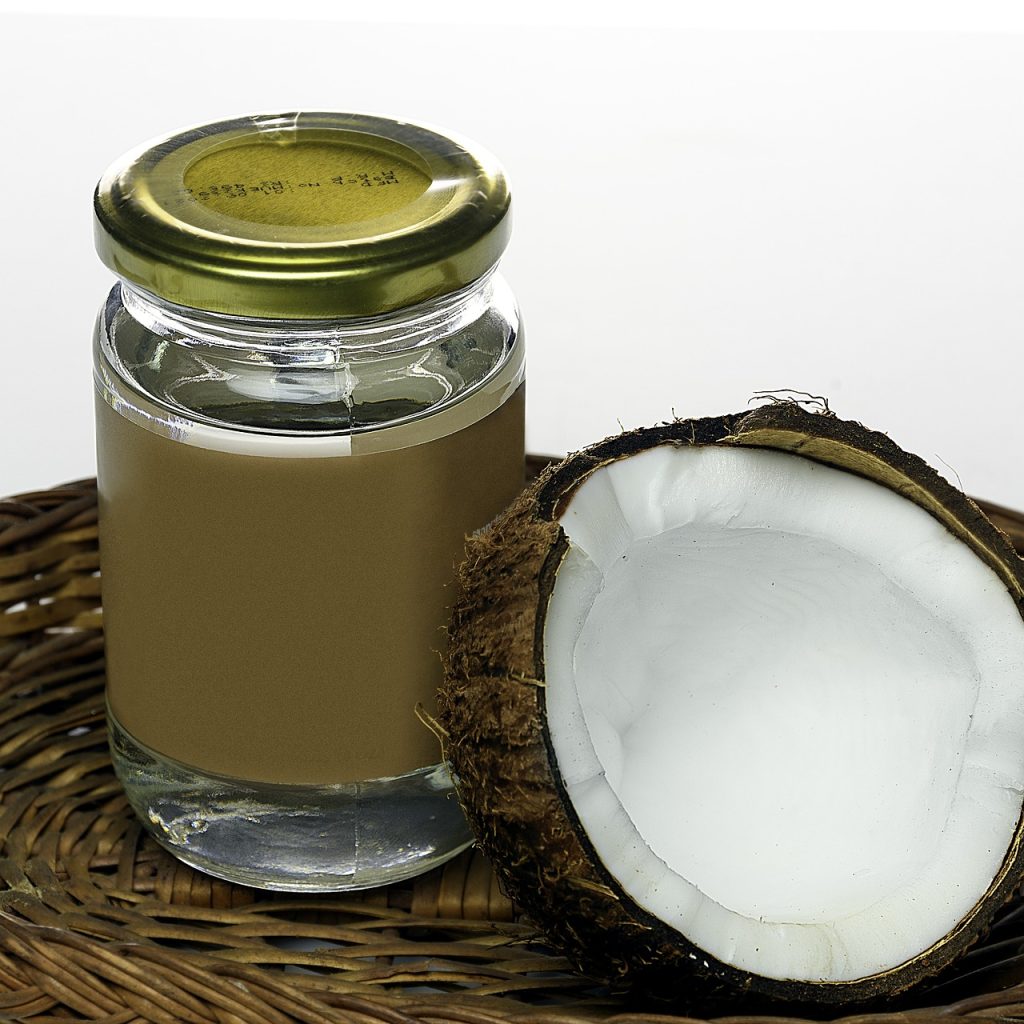
Coconut oil is rich in fatty acids, which help lock moisture into the skin, making it a great option for people with dry or flaky skin. Its natural antibacterial properties also make it an effective cleanser, while its high vitamin E content helps repair the skin barrier.
3. Shea Butter
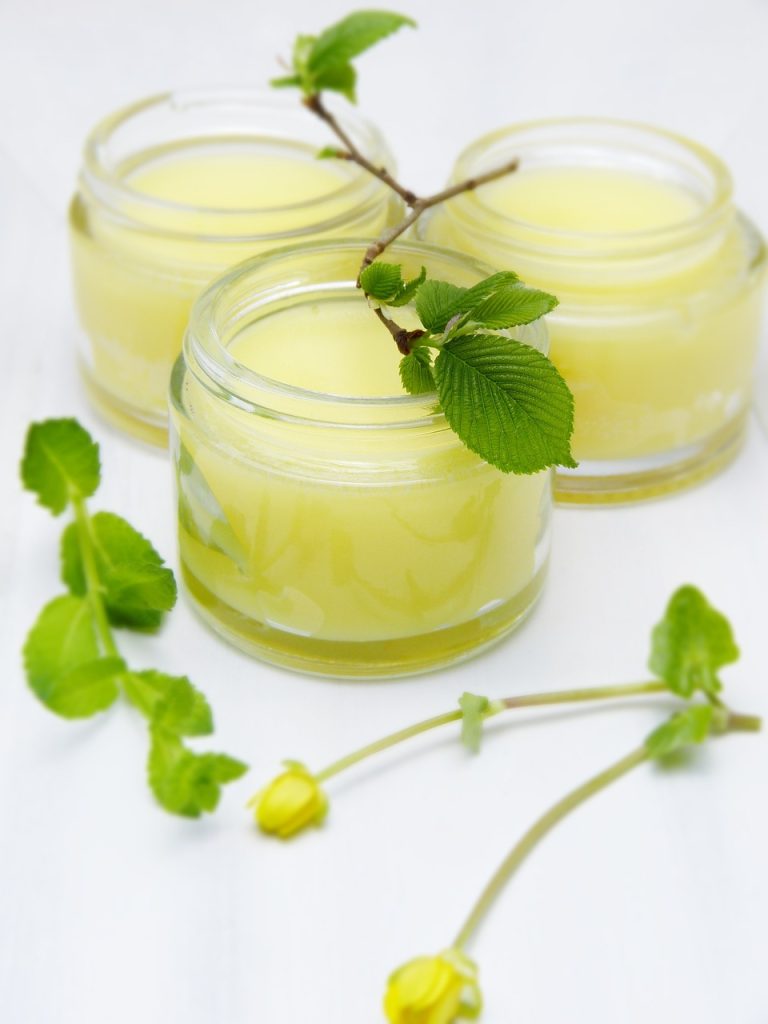
Derived from the nuts of the shea tree, this rich, moisturizing butter is a staple in many natural skincare products. It provides deep hydration and is especially beneficial for dry, cracked skin or conditions like eczema. Shea butter also contains vitamins A and E, which are essential for skin regeneration and elasticity.
4. Rosehip Oil

Rosehip oil is often referred to as nature’s retinol due to its high concentration of vitamin A. It helps reduce the appearance of wrinkles, scars, and age spots, making it an anti-aging favorite. Rosehip oil also contains essential fatty acids, which help keep the skin hydrated and plump.
5. Tea Tree Oil
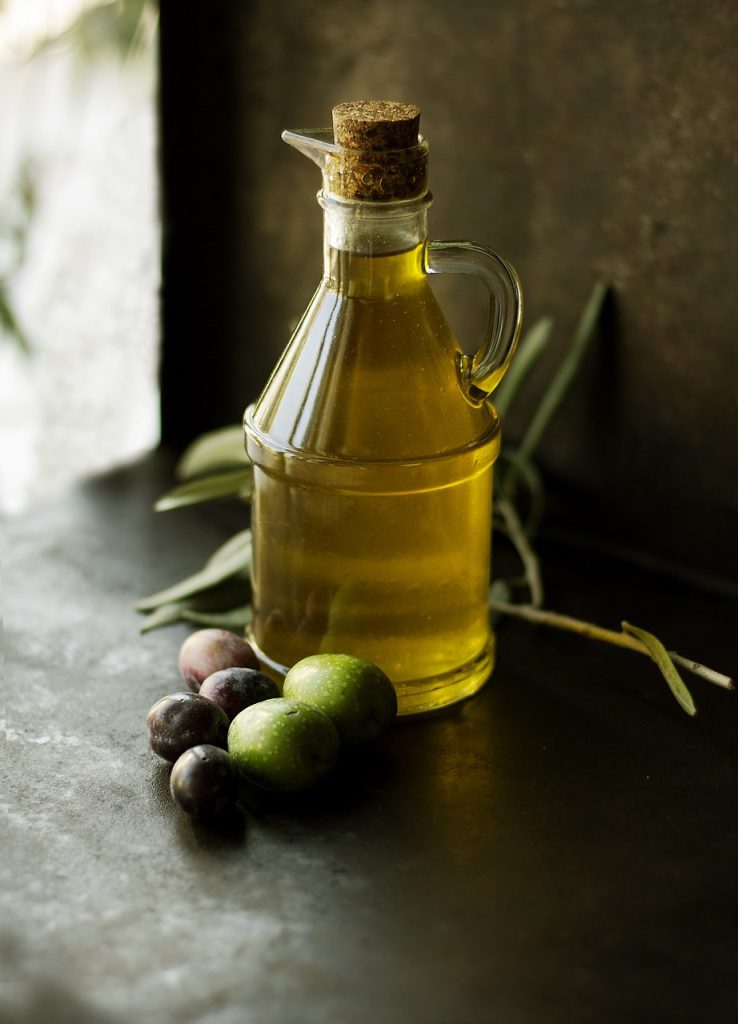
Known for its antibacterial and antifungal properties, tea tree oil is a famous remedy for acne. It penetrates the skin to unblock sebaceous glands, disinfect pores, and dry out pimples. Tea tree oil is potent, so only a small amount is needed, and it’s usually mixed with carrier oils to prevent skin irritation.
6. Green Tea Extract
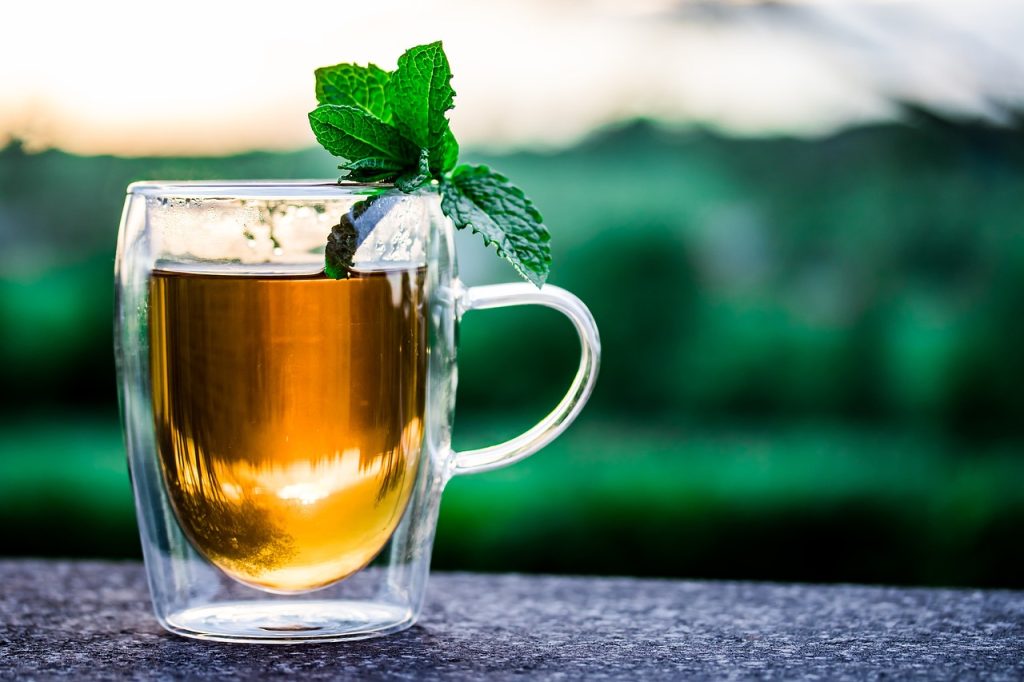
Rich in antioxidants, green tea extract shields the skin from the harmful effects of free radicals. It has anti-inflammatory and soothing properties, making it ideal for calming irritated or sensitive skin. Green tea extract is also effective in fighting signs of aging and improving skin elasticity.
7. Honey

Raw honey is an incredible natural skincare ingredient with moisturizing and antimicrobial properties. It can be used as a face mask to treat acne, hydrate the skin, and promote healing. Honey’s enzymes also help exfoliate the skin, leaving it smooth and glowing.
Creating a Natural Skincare Routine
Switching to a natural skincare routine doesn’t have to be overwhelming. Here’s a basic tips to help you get started:
1. Cleansing
Start with a gentle, natural cleanser like honey or oil cleansing using jojoba or coconut oil. These ingredients help remove dirt and makeup without stripping the skin of its natural oils. Oil cleansing, in particular, can help balance the skin’s oil production and reduce acne flare-ups.
2. Exfoliation
Exfoliate your skin 1-2 times a week using a natural exfoliant like ground oatmeal or a sugar scrub.This aids in removing dead skin cells, encouraging cell renewal, and unveiling a brighter, more even complexion. However, avoid over-exfoliating, as it may cause irritation and sensitivity.
3. Toning
A natural toner like rose water or witch hazel can help restore the skin’s pH balance after cleansing. These toners also tighten pores and refresh the skin, preparing it for further hydration.
4. Moisturizing
Follow up with a nourishing moisturizer like shea butter, coconut oil, or a blend of essential oils. If you have oily skin, opt for lighter oils like argan or jojoba, which are less likely to clog pores.
5. Sun Protection
Natural skincare doesn’t mean you should skip sun protection. Consider mineral sunscreens that use zinc oxide or titanium dioxide to physically block the sun’s harmful rays. These ingredients provide broad-spectrum protection without the harmful chemicals found in many chemical sunscreens.
Avoiding Common Pitfalls in Natural Skincare
While natural skincare has many benefits, it’s not without its challenges. Here are some things to keep in mind:
1. Patch Testing
Even natural ingredients can cause allergic reactions or irritation in some individuals. It’s important to patch test new products on a small area of skin before applying them to your face or body.
2. Storage and Shelf Life
Because natural products often lack preservatives, they may have a shorter shelf life than synthetic products. To prevent spoilage, store them in a cool, dark place, and always check the expiration dates.
3. Choosing the Right Products
Just because a product is labeled as “natural” doesn’t mean it’s safe or effective for your skin type. Be sure to research the ingredients and consult with a dermatologist or skincare expert if you have any concerns.
Conclusion
Natural skincare is a thoughtful approach to beauty that emphasizes the use of clean, pure ingredients to nourish and protect the skin. By choosing products with fewer chemicals and more natural goodness, you can improve your skin’s health, support eco-friendly practices, and promote a more sustainable lifestyle.
Whether you’re just beginning your natural skincare journey or looking to refine your routine, the benefits of these time-honored, nature-derived remedies are undeniable. Your skin—and the planet—will thank you for it.


